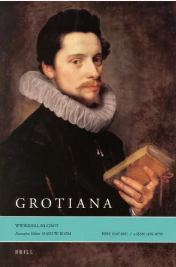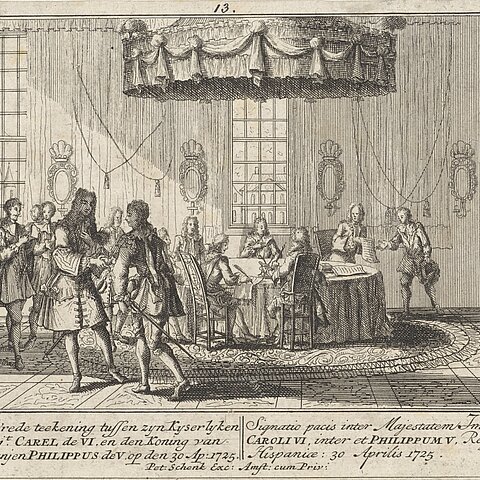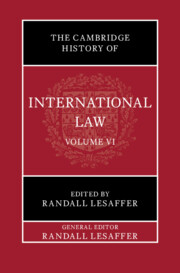This article delves into three manuscript essays kept at the Archives Diplomatiques of the French Ministry for Europe and Foreign Affairs (La Courneuve), ascribed to Nicolas-Louis Le Dran (1687–1774), top civil servant in the French foreign office (bureaux des affaires étrangères) under Louis xv. Not unlike Antoine ii Pecquet’s 1757 Esprit des maximes politiques pour servir de suite à l’Esprit des Loix du Président de Montesquieu, these unpublished reflections quote Grotius’s ibp, probably in its 1724 translation by Jean Barbeyrac (and to a lesser extent Montesquieu and Pufendorf) as well as historical literature to argue for the necessary restraint in starting and waging a war. Although Le Dran had not studied law and his citation practices may lack refinement, his engagement with Grotius aligns with the broader mission of early modern jurists a latere principis: to offer moral and value-driven foundations for good governance, rather than to draw on technicalities.
Read the article here: DOI 10.1163/18760759-46010011.











